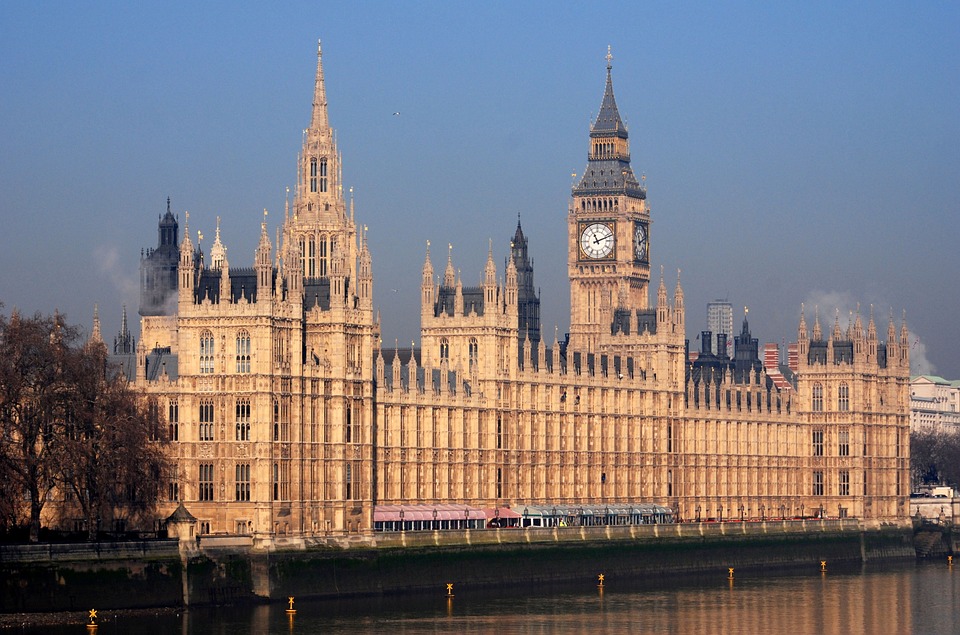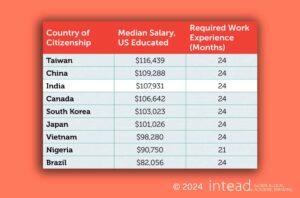The Labour Party took power once again in the UK as Starmer won a decisive victory on July 4 after 14 years of his party being in the political wilderness under Conservative rule – and brings a new cabinet in tow.
Stakeholders have broadly welcomed his ascension to Number 10, hoping it spells a period of greater collaboration between the government and the international education sector.
Labour’s stance on international education was barely mentioned in the manifesto it released ahead of the election – but talk inevitably turned to the new government at the opening plenary of last week’s BUILA conference in Birmingham.
[Yvette Cooper] has a big job in government of taking the hard line on migration
Jessica Lister, Public First
Former universities minister Lord David Willetts revealed he is supporting Universities UK in penning a new whitepaper outlining proposals from the higher education sector to the new cabinet.
And Jessica Lister, associate director of the thinktank Public First, outlined the “new cast of characters” in Starmer’s cabinet and what influence they could wield on the sector.
Here’s her breakdown of everything you need to know about the key new cabinet members.
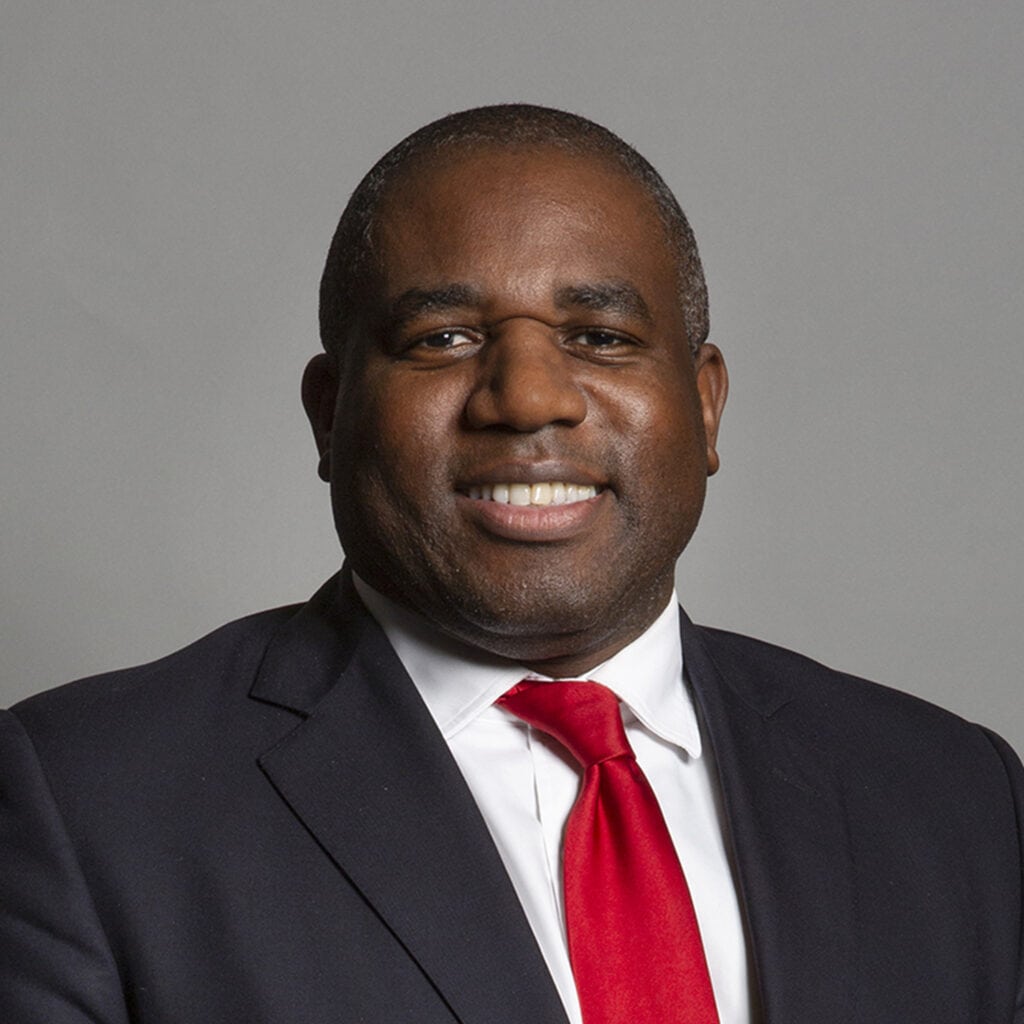
Name: David Lammy
Position: Foregin Secretary
What do we know about him?
The Tottenham MP has been a Labour mainstay for years now, first taking his seat in Parliament in the year 2000.
Lister noted that he has plentiful experience to take on the portfolio.
“He spent two years shadowing the role, and he spent a lot of that time overseas and meeting his foreign counterparts. He’s very well prepared for his brief,” she said.
And she said Lammy is known for his “progressive realism”.
“I think it’s a view of taking British human rights and all the best bits of the UK overseas, but with an eye on the reality of world and the global complexities of global security,” she explained.
What can we expect?
The new foreign secretary has “pledged to overhaul the UK’s relationships with China”, Lister said – highlighting that it will be interesting to see how the relationship between China and the UK develops over the coming months.
Lister continued: “He’s always been a very hard line on human rights abuses abroad… I think this all plays into how he sees the world and how he sees his role and what he sees [as] his responsibilities, which is the UK as a progressive power in the world.
“And again, [there may be] challenges for universities in those countries that maybe have poorer human rights records than us.”
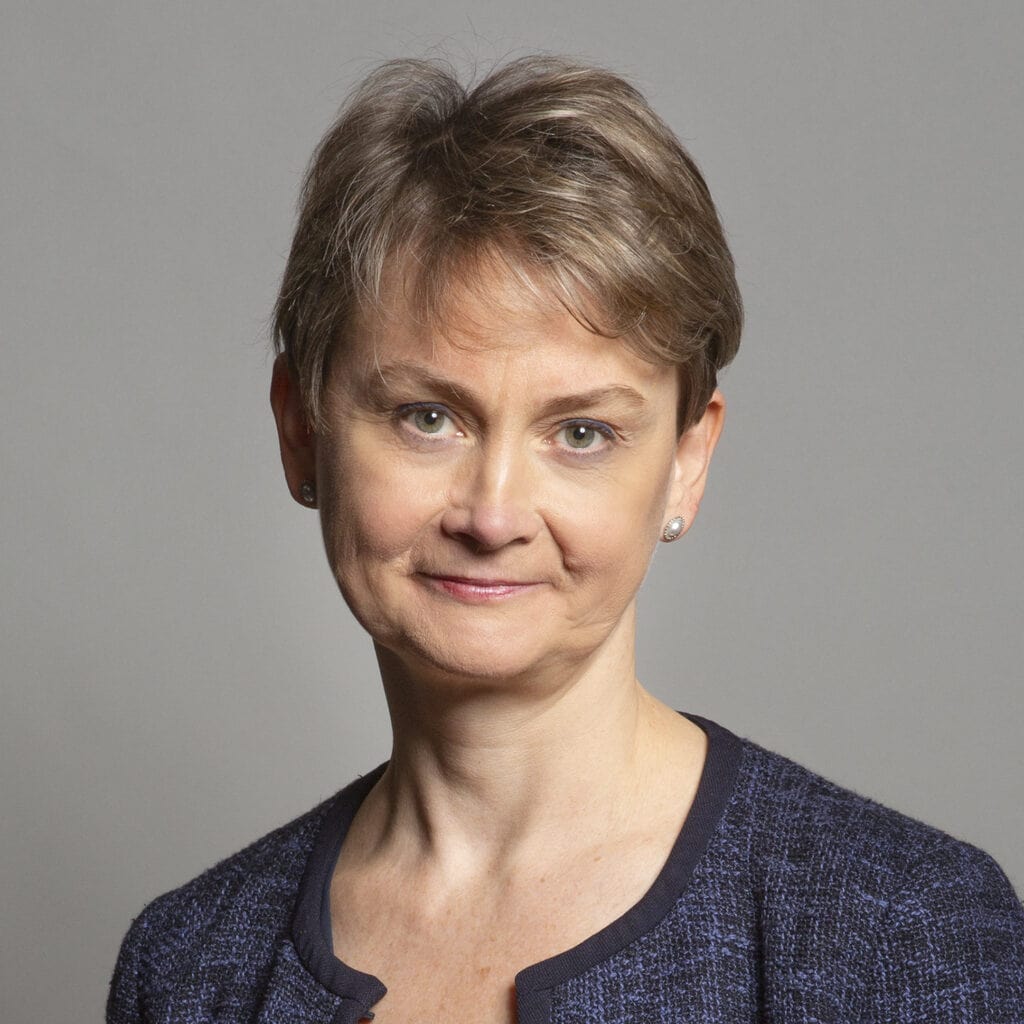
Name: Yvette Cooper
Position: Home Secretary
What do we know about her?
Cooper has been the Labour MP for Pontefract, Castleford and Knottingley since 1997.
She had a stint as shadow home secretary between 2011 and 2015, as well as ministerial briefs under Tony Blair and Gordon Brown’s administrations.
What can we expect?
With the anti-immigration Reform party snapping at Labour’s heels, Lister predicted that Cooper will have to show that she is is looking seriously at immigration issues.
“She has a big job in government of taking the hard line on migration,” said Lister, noting that she will want to be seen to bring down net migration.
“She is always going to have an eye on bringing those numbers down. She wants to link immigration more closely to training and skills and things that are needed in the workforce.”
And she will have an eye on “balancing between the skills we need domestically and the skills we need to import from abroad”, Lister anticipated.

Name: Bridget Phillipson
Position: Education secretary and Minister for Women and Equalities
What do we know about her?
Phillipson is a relative newcomer to Parliament, being elected as the MP for Houghton and Sunderland South in 2010.
She has previously held positions as Opposition Whip in the House of Commons and shadow chief secretary to the Treasury.
And as the shadow education secretary, she has been refreshingly positive about higher education.
Lister said: “Bridget has really been at the forefront of resetting the rhetorical relationship with universities. She’s extremely pro the university sector – both she and her counterpart in the Department for Science, Innovation and Technology Peter Kyle have both said they’re going to end the war on universities, which has been a bit of a slog for the last few years for anyone working in this sector.”
What can we expect?
Phillipson has also made encouraging noises about international students.
As Lister pointed out: “She’s pledged to recognise the major contribution of international students, and said she will be led by the evidence.”
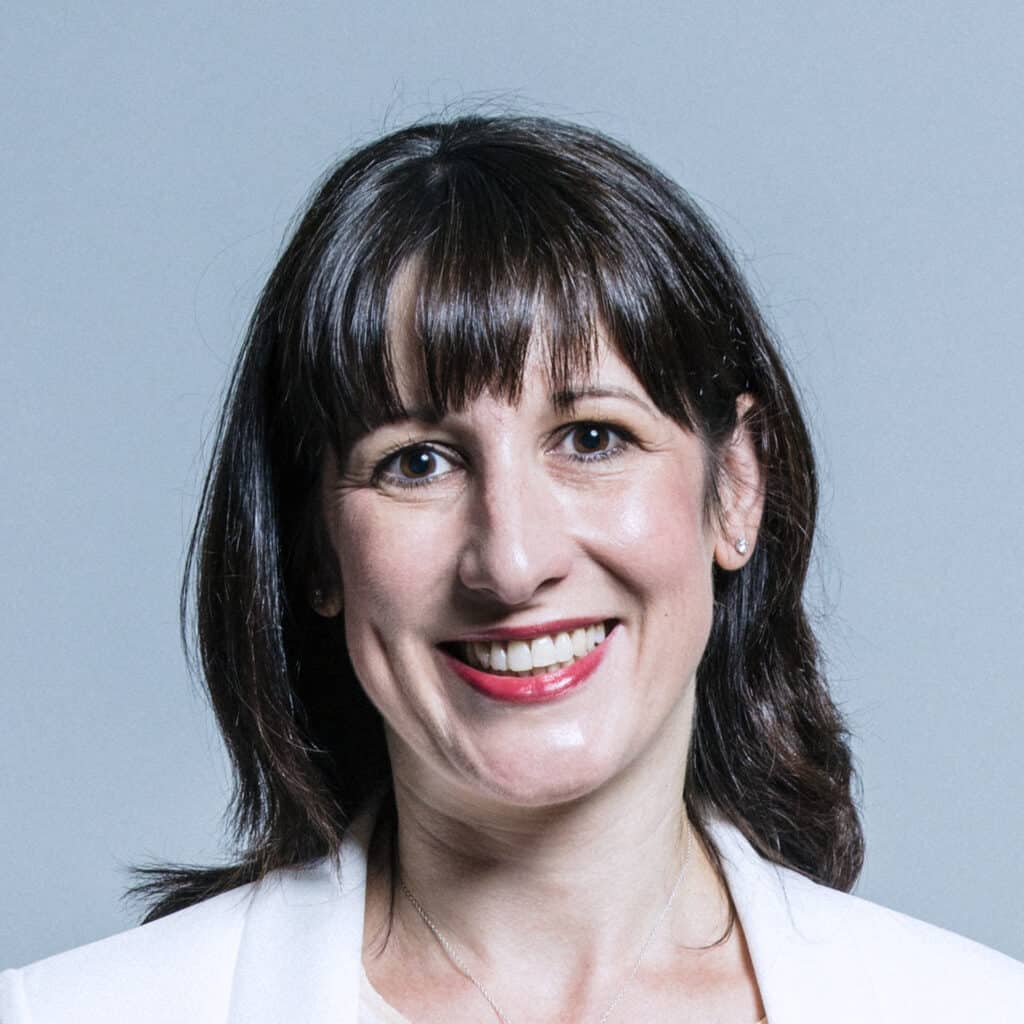
Name: Rachel Reeves
Position: Chancellor of the Exchequer
What do we know about her?
Reeves is the UK’s first female Chancellor and, like Phillipson, was first elected to Parliament in the 2010 election – representing Leeds West and Pudsey.
And, according to Lister, “she has a real economic vision for the country”.
What can we expect?
Speaking about Reeves’ plans for the economy Lister said the politician believes ‘it’s about finding the right balance between global and local economic activity”.
“International students are part of this this tension and this dynamic and this view that they’re trying to set in the world. She wants to enhance the UK’s capacity to cope with external economic shocks. Including things… [such as] a currency collapse in a key international student markets
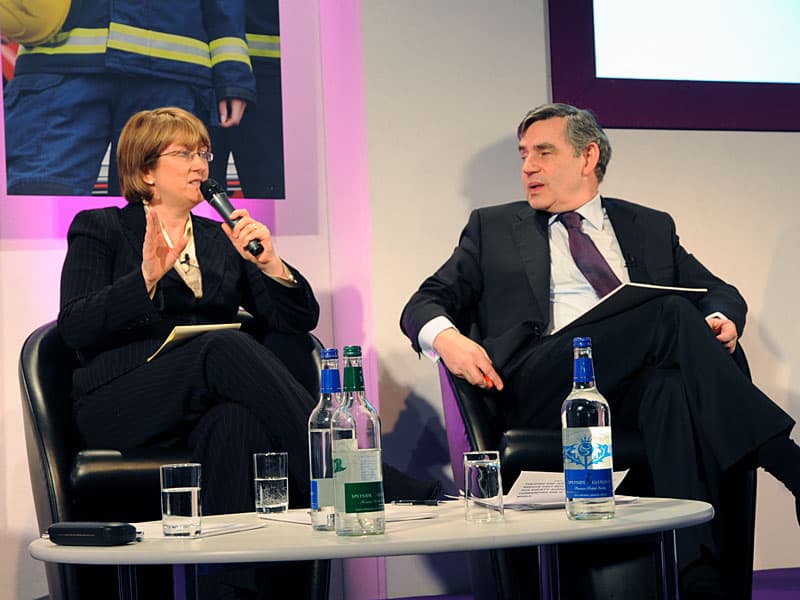
Name: Jacqui Smith
Position: Universities minister
What do we know about her?
Smith was the first woman to hold the position of Home Secretary under Gordon Brown for 2007 to 2009.
She was first elected as MP for Redditch in 1997 and was made Minister of State for Skills, Apprenticeships and Higher Education under Starmer’s premiership.
What can we expect?
“She’s got a very large brief. She’s taking on responsibility for higher education, further education and skills,” Lister told delegates.
“She was the first female Home Secretary. And when you go back to 2009 and have a look at what she was saying, one of the things she pledged to bring in was a points-based immigration system, a prevention of dependence of families of skilled migrants working in Britain, and a restriction of skilled migrants to take jobs only in shortage occupations – which sounds quite familiar to the last five years.
“So I think my my message from all of this is that there is a real reset happening in, government relations to the sector, but it is a cautious reset.”

